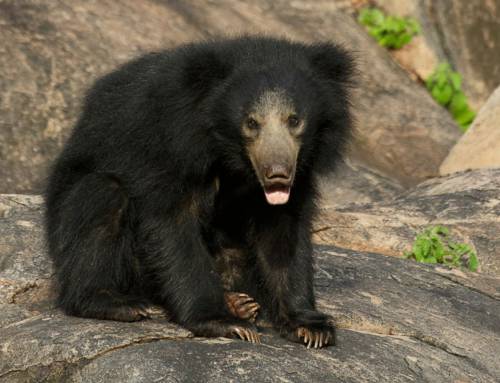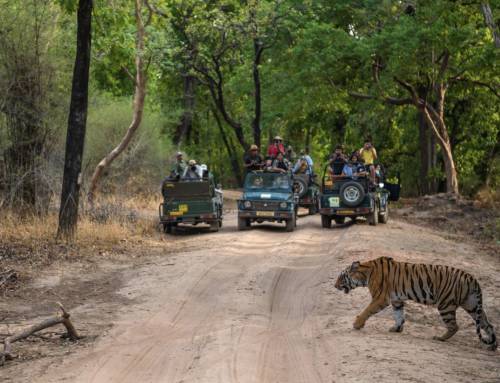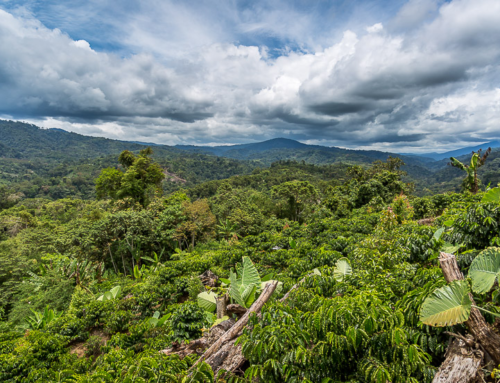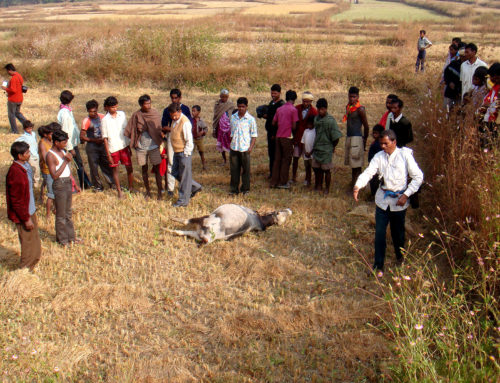We are happy to share with you a new scientific paper by Centre for Wildlife Studies’s scientists, Dr. Krithi K. Karanth and Anubhav Vanamamalai. This is CWS’s 300th scientific publication.
The study titled Wild Seve: A Novel Conservation Intervention to Monitor and Address Human-Wildlife Conflict is published in the journal, Frontiers in Ecology and Evolution.
India records over 80,000 HWC incidents annually, with Karnataka leading in the number of cases reported and in the amount of ex-gratia compensation payments provided. Unfortunately, inadequate policies and issues with their implementation often results in a feeling of resentment in rural communities. Evidence of this intolerance is often highlighted in the media, with cases of electrocution, poisoning and violence towards more conflict-prone species, such as tigers, leopards, and elephants.
CWS’ latest research paper highlights the implementation, design, and impact of the Wild Seve program between July 2015 and June 2019. The program recorded over 13,000 incidents of HWC conflict around Bandipur and Nagarahole National parks. Registered HWC incidents during this period include 12,978 of crop loss and property damage, 782 livestock predation events, and 48 incidents of human injury and death.
Wild Seve utilised a simple publicity campaign to spread awareness of their toll-free helpline across 600 village settlements. The staff were recruited from local communities and were trained in collecting long-term high quality data and capacity building. While incidents were registered by the program, processing and disbursements of the claims were implemented by the Government of Karnataka through the Karnataka Forest Department. The model of Wild Seve as a conservation intervention is one that we believe can be easily adapted to a wide range of situations, and be implemented across human-wildlife conflict prone regions across the world.
Please find the paper here!





